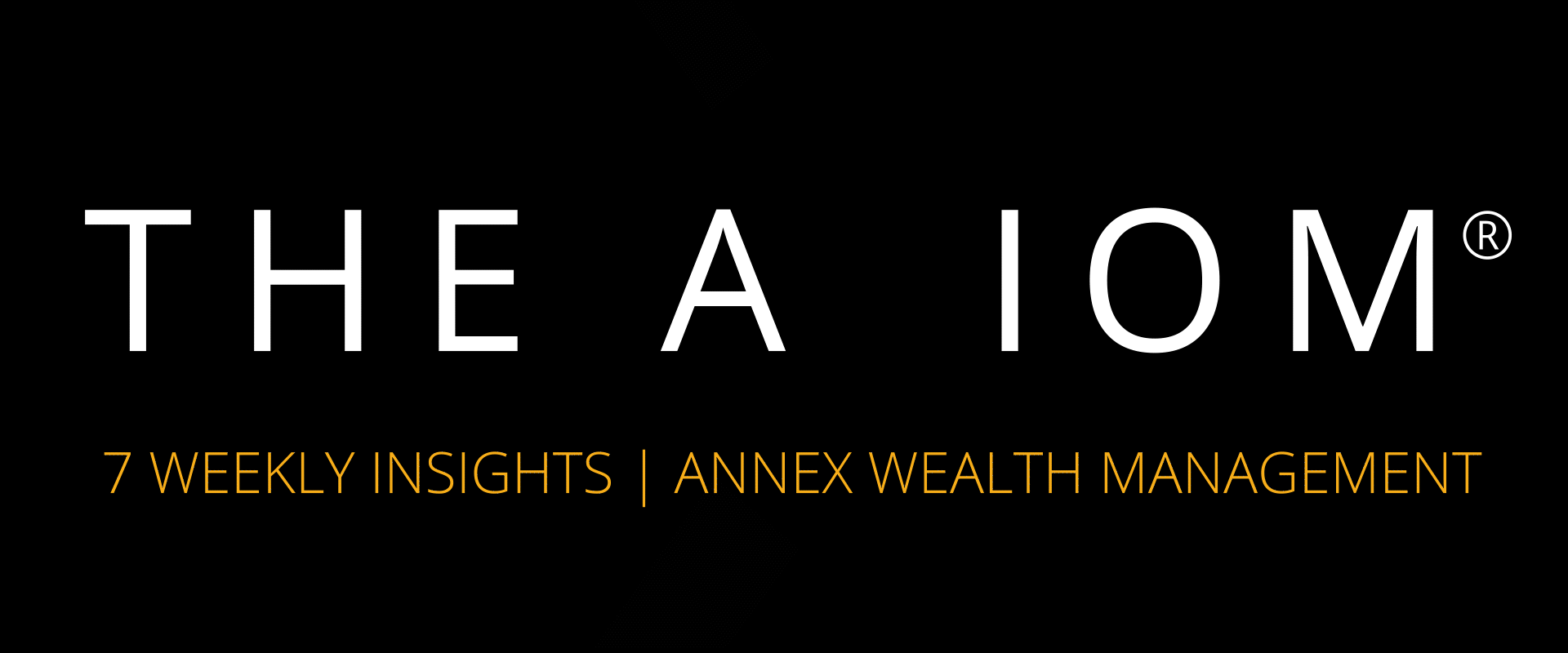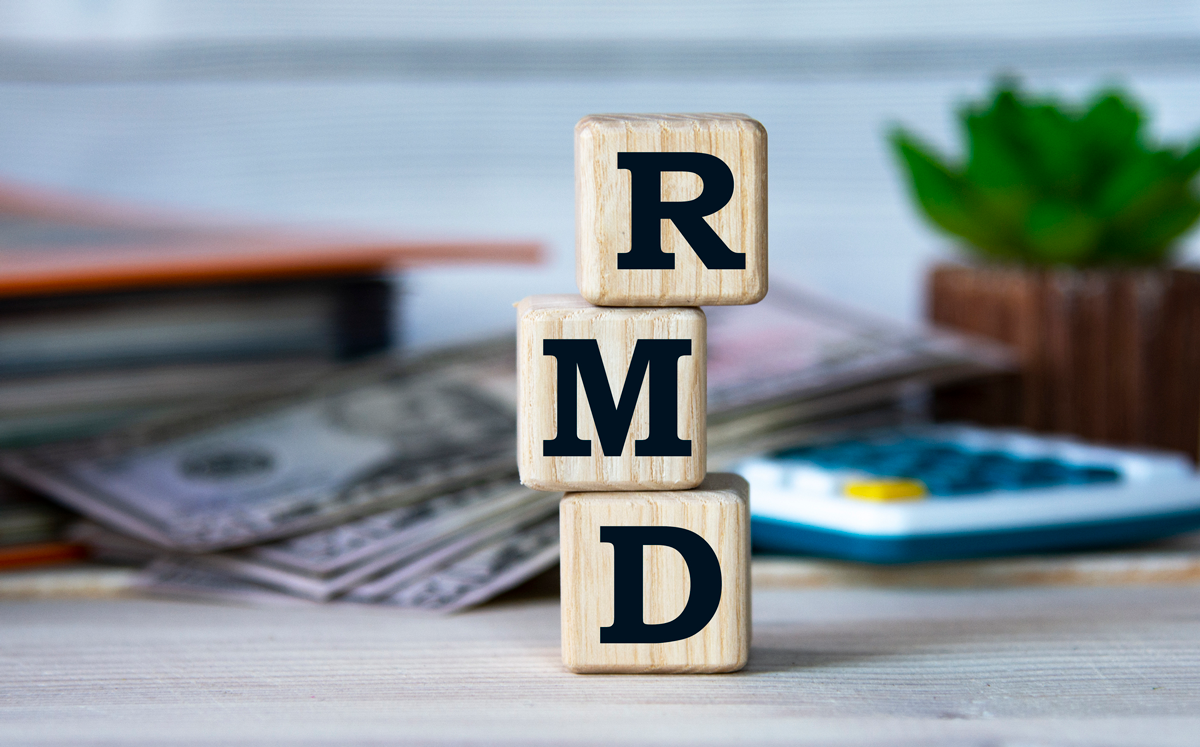
The PCE echoed earlier CPI and PPI indications that inflation continues to rise. How will the Fed react? Are we on track for three rate increases in 2023? Annex Wealth Management’s Mark Beck and Derek Felske discuss.

BACK TO TOP ↑
Consider Satisfying Your RMDs Sooner Than Later

Every December, we see financial institutions try to make sure all the annual Required Minimum Distributions (RMDs) are paid out prior to December 31st.
This week’s Money Do: Consider satisfying your RMDs sooner rather than later.
As a result of the recent tax legislation that was passed—Secure Act 2.0—RMDs are now required on Traditional retirement accounts once an individual turns 73-years-old. In addition, certain Inherited IRAs have annual RMDs as well. The RMDs on Inherited IRA follow different rules depending on the year it was inherited. Accounts inherited before January 1st, 2020, the amount is determined on an annual basis by using the life expectancy tables provided by the IRS and the fair market value of the account as of December 31st of the prior year. Accounts inherited on or after January 1st, 2020, follow what’s called the 10-year rule.
The penalty for not taking your RMD also changed with the Secure Act 2.0. The penalty for a missed RMD is now 25%. For example, let’s say that you forgot to take a $10,000 distribution. Not only is all $10,000 taxed as ordinary income when it is finally taken, there is also a $2,500 penalty that needs to be paid on top of the tax. OUCH! However, if the penalty is fixed “timely” it may further reduce to 10%.
While the penalty can be avoided as long as the distributions occur by December 31st each year, you still should consider taking your RMD before December. Some points to consider:
- If you’re interested in doing Roth Conversion during the year, you cannot do the conversion until your RMD is satisfied.
- Custodians have cutoff times in place to ensure distributions are processed by year-end.
- If you die during the year without having satisfied the RMD, that burden passes on to your beneficiaries (including the tax and potential penalty), which can make things very rushed and more difficult for your beneficiaries.
- If you plan to make Qualified Charitable Distributions (QCDs) from your IRA, remember that charities need donations throughout the year, not just at the end of the year. In addition, your beneficiaries cannot make QCDs from your IRA after your death, so make sure to accomplish those QCDs earlier in the year.
- While we never want you to try to time the market, by having your RMD satisfied earlier in the year, the distributed funds are no longer growing tax-deferred inside the IRA. While tax-deferred growth is generally a good thing, it can also result in higher RMDs next year if you wait until the very end of the year to withdraw your RMDs.
One thing to consider is setting up the RMDs for automatic distribution. This can be monthly, quarterly, or annually. This eliminates the year-end rush or possibility of forgetting to take them each year.
We understand that not everyone can or wants to take RMDs sooner, and there are some benefits to waiting to take your RMD. Often people want to wait until their prior year taxes are completed to be able to adjust their tax planning or withholding percentages. On occasion, there can also be tax legislation that changes the rules during the year that may impact whether you are required to take an RMD or not, such as the CARES Act of 2020.
We encourage you to have a proactive approach to satisfying your RMD each year to avoid some of the pitfalls we noted and make sure you are not rushed at year-end trying to get your distribution taken.
BACK TO TOP ↑
Annex Wealth Management’s Sarah Kyle and Matt Morzy answer several Ask Annex questions.
Do you have a question for Annex Wealth Management? Drop it here: annexwealth.com/ask
BACK TO TOP ↑

BACK TO TOP ↑
BACK TO TOP ↑